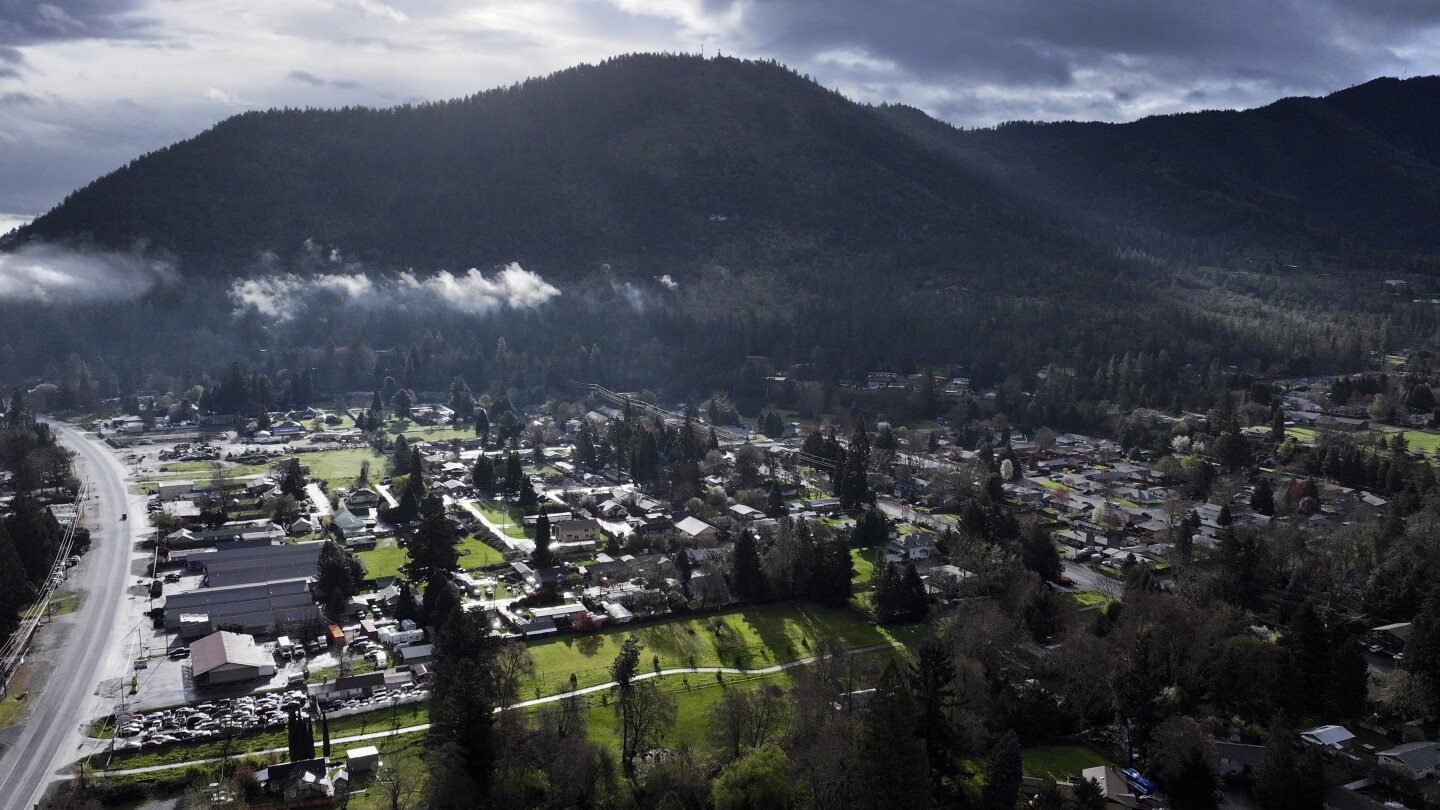The scenes were emblematic of the crisis gripping the small, Oregon mountain town of Grants Pass, where a fierce fight over park space has become a battleground for a much larger, national debate on homelessness that has reached the U.S. Supreme Court.
The town’s case, set to be heard April 22, has broad implications for how not only Grants Pass, but communities nationwide address homelessness, including whether they can fine or jail people for camping in public. It has made the town of 40,000 the unlikely face of the nation’s homelessness crisis, and further fueled the debate over how to deal with it.
“I certainly wish this wasn’t what my town was known for,” Mayor Sara Bristol told The Associated Press last month. “It’s not the reason why I became mayor. And yet it has dominated every single thing that I’ve done for the last 3 1/2 years.”
Officials across the political spectrum — from Democratic Gov. Gavin Newsom in California, which has nearly 30% of the nation’s homeless population, to a group of 22 conservative-led states — have filed briefs in the case, saying lower court rulings have hamstrung their ability to deal with encampments.



Some might say making forced camps for a subset of people might be considered a final solution. But maybe I am just concentrating on the whole sweep the streets of undisrables part.
Camps that help people vs. camps that hurt people is a pretty significant difference. It’s clear they can’t or won’t help themselves.
But I’m open, you have a better solution than letting them live in squalor?
Ah yes, they can put a uplifting phrase on all the entrances as well. Something like work will set you free maybe. That way you know the camp was built to help people and would be way better then just leaving them alone.
There are some other things that would need to be done as well though. How would the authorities know if someone was both working and had a place? Oh I know we can issue papers to each person that have their job and residence listed, that way all it would take is the local authorities asking everyone out “Papers, please”.
On what is a seemingly unrelated note, how much of a history buff are you?